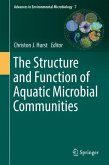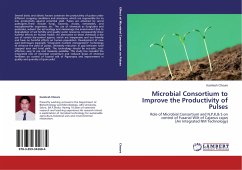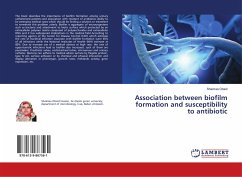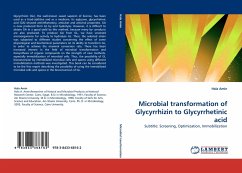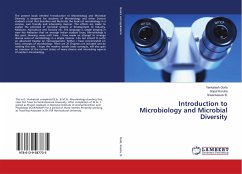Microorganisms generally exist in two distinct forms: the free floating or planktonic form and the sessile form adhered to different surfaces either inert or live. These two forms are accompanied by the whole gamut of diverse characteristic behaviors. In adhered forms, the microbes interact via highly complex intercommunity signals or quorum sensing and other genetically and phenotypically diverse mechanisms. When the individual cells are exposed to the different environmental pressures, they may shift to the sessile form of life by forming aggregates, which confer protection from the extremities and hazards of the environment. This seems to be the most common mode of bacterial growth in nature and has allowed the microorganisms to become resistant to various antimicrobial agents. The area of biofilm research is of immense importance and is currently one of the most thoroughly investigated areas. Keeping this in mind we have prepared a comprehensive resource on this subject. Thisbook contains a detailed introduction to biofilm; an easy-to-do set of protocol, and finally, application of each method.
Bitte wählen Sie Ihr Anliegen aus.
Rechnungen
Retourenschein anfordern
Bestellstatus
Storno


